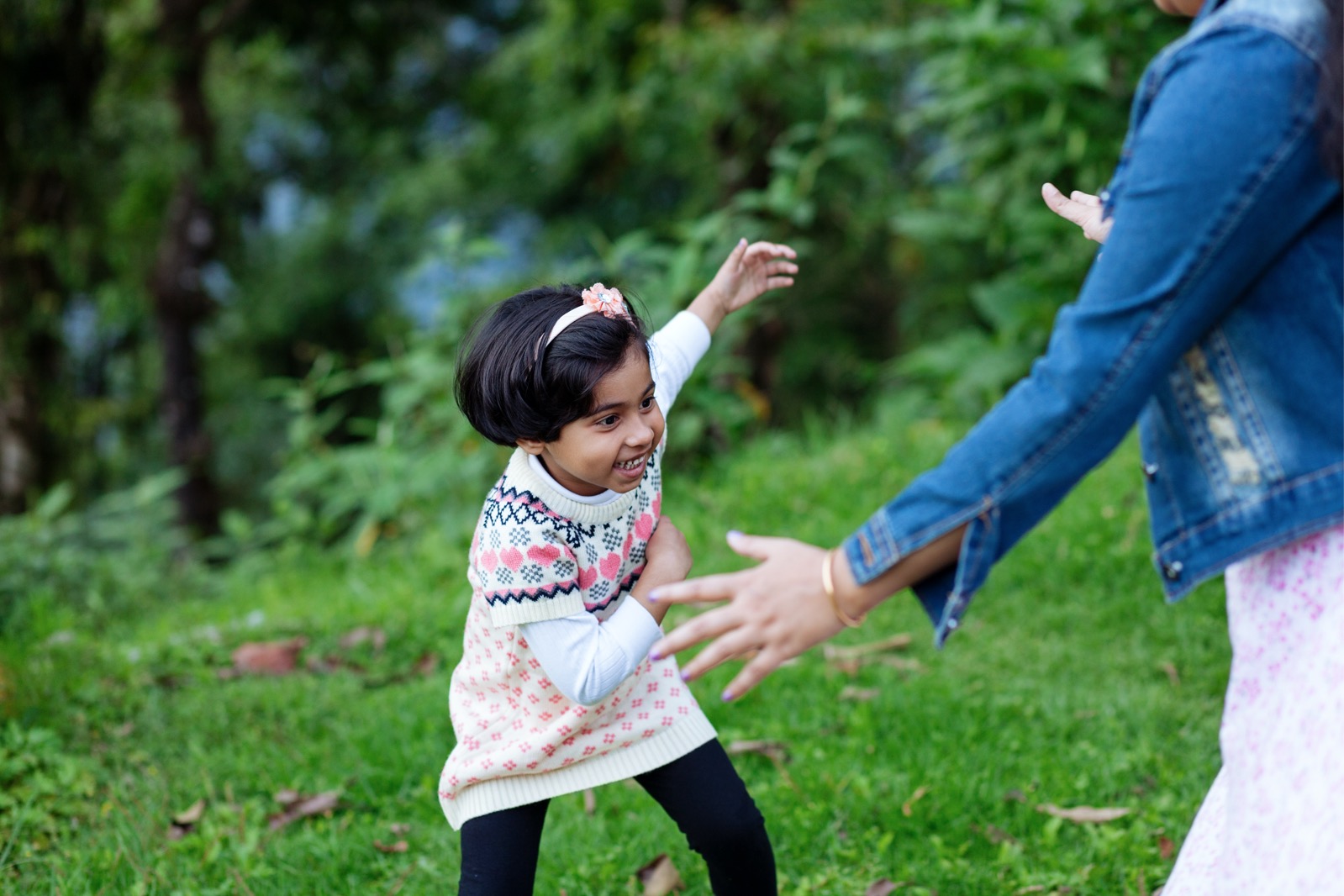June has been fostering in Basingstoke for over 30 years. She tells us all what fostering for a local authority is really like.
Why did you start fostering?
I wanted to help children. I used to get children from court who were going into prisons that had no parents or any supportive guardians. So, I used to support them. All they needed was love and guidance. I’ve got a lot of love to give. I had my daughter and I realised quickly there were lots of children out there who needed this love too. So, I gravitated to fostering.

What’s your most memorable moment as a foster carer?
I’ve fostered so many it’s so difficult to pick just one! I‘ve fostered 8 times.
I’ve had so many long-term. I’m so proud I’ve managed to give them stability, life skills, and a future. They still see me as their ‘mum’ even now as care leavers. They are all well-rounded – some own their own businesses. They all come to me and meet my new foster children and they are all brilliant too. In a supporting capacity, they help me to reassure my foster children. The new sights and smells for a foster child can be scary and they are all brilliant in helping show that they are in a safe space. They support me because I support them.
Just seeing these kids grow in their education, stature, their life – because they’ve got someone who can fight for them and help them, they grow with that belief. With that self-belief – they flourish. One is hoping to go to university – and I feel I helped them help themselves to do it. I’m proud. Another has grown their school attendance from 75% to 100%. They are now so driven to do well in school because their future is brighter.
I’ve also fostered children with long-term learning difficulties too, one had emotional and behavioural difficulties. I’ve adapted my foster care of these children as they need it.
What do you think is the biggest misconception?
I think the myth is that when hear about bad fostering experiences it can sour things. This is so rare, and you don’t hear enough about the amazing experiences they deliver nearly every time. Yes, it can be scary and a little uncertain but it’s really rewarding.
When meeting a child, you pick the ways you want to support that child – you are not going to change everything about them – which isn’t right anyway. But you can make quick wins in turn of transforming their life. It’s taking the time to understand their worries and concerns (not yours!) and work WITH them to help them.
I once went out with a foster child for a meal, and they didn’t know etiquette when sitting for a meal. It is communication and taking a teaching role, working with him, helping him, and teaching them everyday life skills and expectations – you can just make a small difference in their life.
Another had quite a slim palette of food they would eat – but with patience, compassion, and love I worked with them to expand their nutrition – giving them new sensory experiences to help them grow and nourish them physically and mentally.
It’s not a job – this is a vocation. You need to be dedicated, you need compassion, love, patience – these qualities. It’s not something you can just turn up and do like a robot. It’s so critical; you always need to go above and beyond. This is a child’s life; you need to help them every day and you must always find a way to do that even if the child sometimes struggles to see it.
What is your biggest challenge fostering?
One of the biggest challenges is self-belief. I get nervous sometimes – am I doing this right, applying my training in the right way, I am being a positive figure for these children? Am I helping them? Do I need to change my everyday life in this way to help them? But the child is probably feeling this tenfold.
That won’t be everyone’s challenge, but I think it’s good to have this. If a child is a bit rebellious, I’m not going to give up – never give up – work with them. Keep opening doors don’t shut them. They want what everyone else has got. Love, security, knowing they are wanted. It’s just getting there.
What are the top skills carers need?
They need to be nurturing. They need to be adaptable. They need to be an advocate for their child – protect them and fight for them. Understand that you are helping them to become resilient and all these things will help. Also, be confident in teaching them life skills. How to pay the bills, fix things, and do simple skills in everyday life. It will transform them I promise.
What are your top tips for new foster carers?
Be open and transparent. Honest and loving – don’t fear attachment. Forming a bond is a step towards helping children. You have your training and advice and good practice of course – but also don’t forget to use your human skills to form their connection. Treat them as you would want your own family to be treated.
Interested in becoming a foster carer?
Get in touch with our experienced, friendly recruitment team to find out more about becoming a local authority foster carer in the South East.
